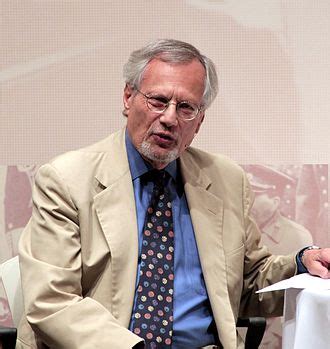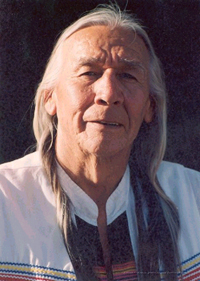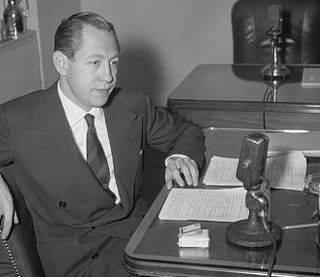A Quote by Alexis de Tocqueville
When an opinion has taken root in a democracy and established itself in the minds of the majority, it afterward persists by itself, needing no effort to maintain it since no one attacks it.
“Those who at first rejected it as false come in the end to adopt it as accepted, and even those who still at the bottom of their hearts oppose it keep their views to themselves, taking
great care to avoid a dangerous and futile contest.
Related Quotes
For nearly three years, President Obama devoted a great deal of effort to finding compromises with Congressional Republicans. That was futile, in my view, since those Republicans had made it clear from the day he was inaugurated in 2009 that their plan was to oppose everything he wanted and then paint him as a failed president.
If I advance new views in Philosophy or Theology, I cannot expect to have many adherents among minds altogether unprepared for such views; yet it is certain that even those who most fiercely oppose me will recognize the power of my voice if it is not a mere echo; and the very novelty will challenge attention, and at last gain adherents if my views have any real insight.
What used to be racial segregation now mirrors itself in class segregation, this great sorting (has) taken place. It creates its own politics. There are some communities where not only do I not know poor people, I don't even know people who have trouble paying the bills at the end of the month. I just don't know those people. And so there's less sense of investment in those children.
In 1988, when democracy was restored, the military establishment was still very powerful. The extremist groups were still there. And when the aid and assistance to Pakistan was cut, we had to adopt harsh economic policies. So in a way, it showed that democracy doesn't pay, and the military was able to reassert itself.
There is an ancient Indian saying that something lives only as long as the last person who remembers it. My people have come to trust memory over history. Memory, like fire, is radiant and immutable while history serves only those who seek to control it, those who douse the flame of memory in order to put out the dangerous fire of truth. Beware these men for they are dangerous themselves and unwise. Their false history is written in the blood of those who might remember and of those who seek the truth.
Sometimes I'll have an end in mind, but it's always false, always corny, just a dumb idea anyone could have, sitting on a barstool. An abstract thesis with no real life inside it. And then I start writing and the writing itself confounds me, taking away the comfort of knowing the end in advance. How is that even possible? Doesn't the conclusion come at the end? How can you begin with one - that seems odd, right?
Politics in the United States consists of the struggle between those whose change has been arrested by success or failure, on one side, and those who are still engaged in changing themselves, on the other. Agitators of arrested metamorphosis versus agitators of continued metamorphosis. The former have the advantage of numbers (since most people accept themselves as successes or failures quite early), the latter of vitality and visibility (since self-transformation, though it begins from within, with ideology, religion, drugs, tends to express itself publicly through costume and jargon).
It is a curious paradox that precisely in proportion to our own intellectual weakness will be our credulity, to those mysterious powers assumed by others; and in those regions of darkness and ignorance where man cannot effect even those things that are within the power of man, there we shall ever find that a blind belief in feats that are far beyond those powers has taken the deepest root in the minds of the deceived, and produced the richest harvest to the knavery of the deceiver.
Avoid all refined speculations; confine yourself to simple reflections, and recur to them frequently. Those who pass too rapidly from one truth to another feed their curiosity and restlessness; they even distract their intellect with too great a multiplicity of views. Give every truth time to send down deep root into the heart.
In ancient times, those who wished to illuminate the world with virtue first brought order to their nations. Wishing to order well their nations, they first harmonized their families. Wishing to harmonize their families, they first cultivated themselves. Wishing to cultivate themselves, they first rectified their minds. Those who wished to rectify their minds first made their intentions sincere.
... there are those who believe that mathematics can sustain itself and grow without any further contact with anything outside itself, and those who believe that nature is still and always will be one of the main (if not the main) sources of mathematical inspiration. The first group is identified as "pure mathematicians" (though "purist" would be more adequate) while the second is, with equal inadequacy, referred to as "applied".








































